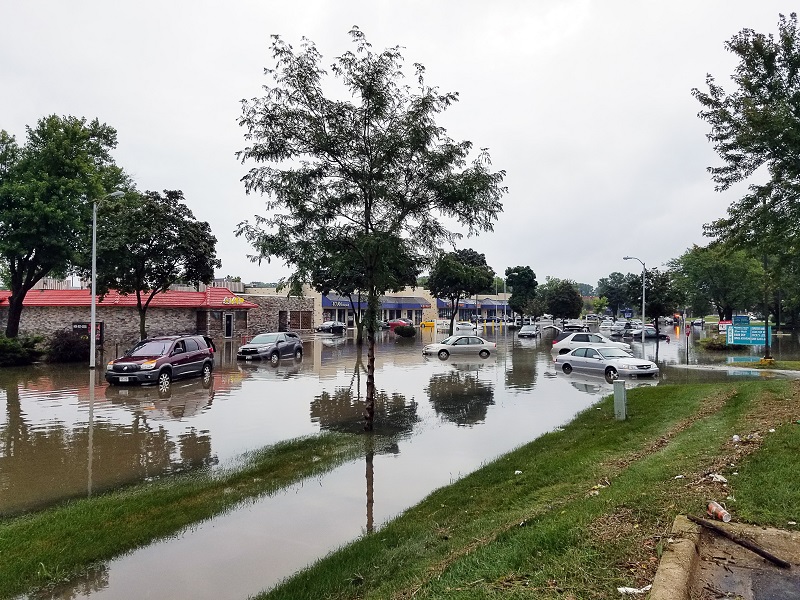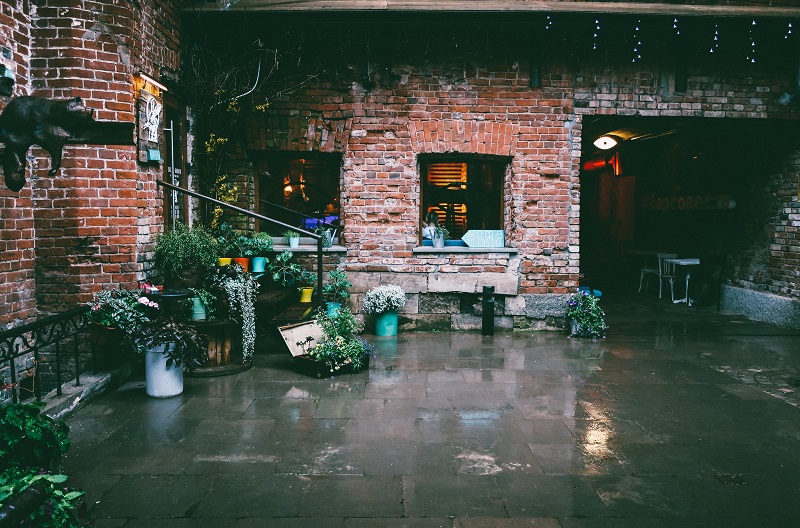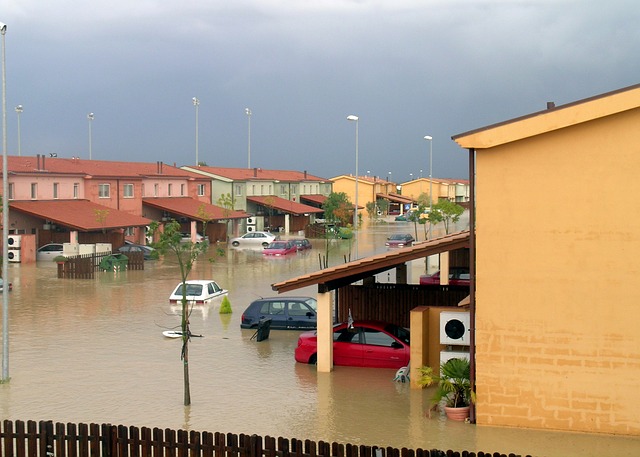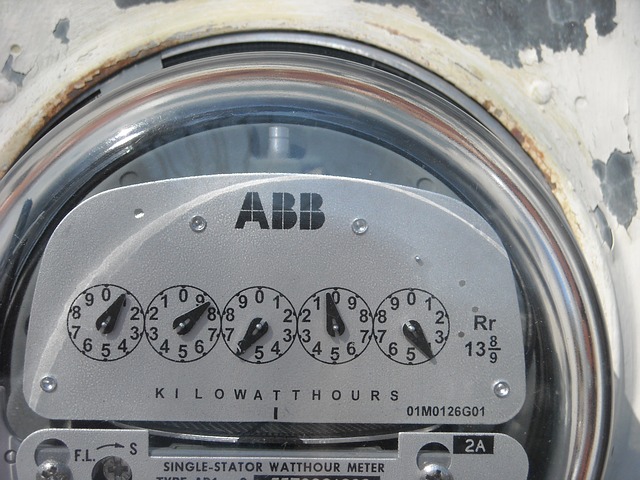Does Homeowner’s Insurance Cover Water Damage?

Water damage is one of the most common and costliest disasters your home can experience. It costs billions of dollars annually. In fact, according to Insurance Services Office, Inc., water damage claims are the second largest frequent insurance claim, following hail and wind damage.
Yet, a good number of homeowners lack an adequate insurance cover. That’s why it’s always important to know what your policy covers when choosing a homeowner’s insurance, warns Florida PM & Sales, a local property management company.
A standard insurance cover usually covers accidental and sudden damage. It doesn’t cover water damage, especially that resulting from carelessness on your part.
Generally speaking, a standard homeowner’s insurance policy usually contains two types of coverage: dwelling and personal property damage.
Dwelling coverage covers damage to your home’s structure. For example, it’ll help pay for repairs resulting from a sudden burst pipe that damages your wall. Personal property damage, on the other hand, will help cover for damage to your personal belongings. For instance, it may help pay for damage that occurs to your computer or furniture from a burst pipe.
Water Damage Types

Water damage exists in various forms, depending on the kind of contaminants in the water. They are:
- Fixed-Material Water Damage: When a leak appears in the roof, a toilet overflows, or a pipe breaks, water damage occurs to fixed materials such as your drywall, baseboards, and carpet. This type of damage usually requires immediate attention so as not to cause lasting harm.
The source of water can stem from either a clean or contaminated course. And, depending on the severity level, can require expert drying methods from professionals with efficient equipment.
- Cosmetic Water Damage: This is nothing to lose sleep over. It commonly involves discoloration of wall paint or floors and is often the cause of other minor defects in materials or items around the home. The amounts of water involved are usually not that much as compared to other types of water damage.
Cleaning up with fans, shop vacuums, and towels is usually enough to get rid of it.
- Structural Water Damage: This can be a costly and inconvenient nightmare. This type of damage usually stems from water leaks, flooding, or storm damage. It can include damage to your garage, basement, carpet and padding, ceilings, roof, attic, walls, floors, and/or other areas of your home.
Does your Homeowner’s Insurance Policy Cover Water Damage?

It does! However, it will only cover damage from a burst pipe. A good example is when washing machine supply hose suddenly breaks and causes damage to your home. It won’t cover water damage from gradual leaks, sewage backup, or floods.
The following are some of the hazards that a standard homeowner’s Insurance policy covers:
- Weight of snow, ice or sleet
- Falling objects
- Theft
- Damage from a car, aircraft, or vehicle
- Vandalism or malicious mischief
- Explosion
- Windstorms or hail
- Lightning strikes
- Fire & Smoke
The following are the perils that your standard homeowner’s insurance policy won’t cover:
- Water backups from an exterior drain or sewer. Don’t expect a standard homeowner’s Insurance policy to cover damages resulting from water that has backed up into your home.
- Replacements or repairs to the source of the water damage. While your standard policy may help cover the cost of tearing out, don’t expect it to cover the source of the water damage. As such, the cost of replacing or repairing your broken dishwasher or washing machine will solely be yours.
- Damage resulting from gross carelessness or negligence. A standard homeowner’s Insurance policy will also not cover damage resulting from neglected maintenance problems. A leaky plumbing fixture is a good example.
- Damage resulting from flooding. You may be covered, depending on the source of the water. A standard insurance policy may be able to cover you if the flooding results from water hitting your home directly. However, it won’t cover you if the water first touches the ground then hits your home.
How to Protect Your Home from Water Damage

Water damage is something that you should be desperate to avoid. Here are some tips that can help you in this regard.
- Monitor your water bill. Sometimes, taking a closer look at your water bill might be the only way to know that there is a water leak.
- Check your water pressure. Typical residential water systems are designed for water pressure of between 40 and 70 psi. Anything above this may cause your hoses and pipes to fail.
- Install water detection devices. This helps detect low moisture levels or slow leaks that usually go unnoticed.
- Upgrade washing machine hoses. If you have old, brittle or leaky washing machine hoses, make sure to replace them. This can help avoid a potentially messy and expensive damage.
There you have it. Everything you need to know about a typical homeowner’s insurance policy. If you have more questions, please get in touch with a qualified insurance professional.